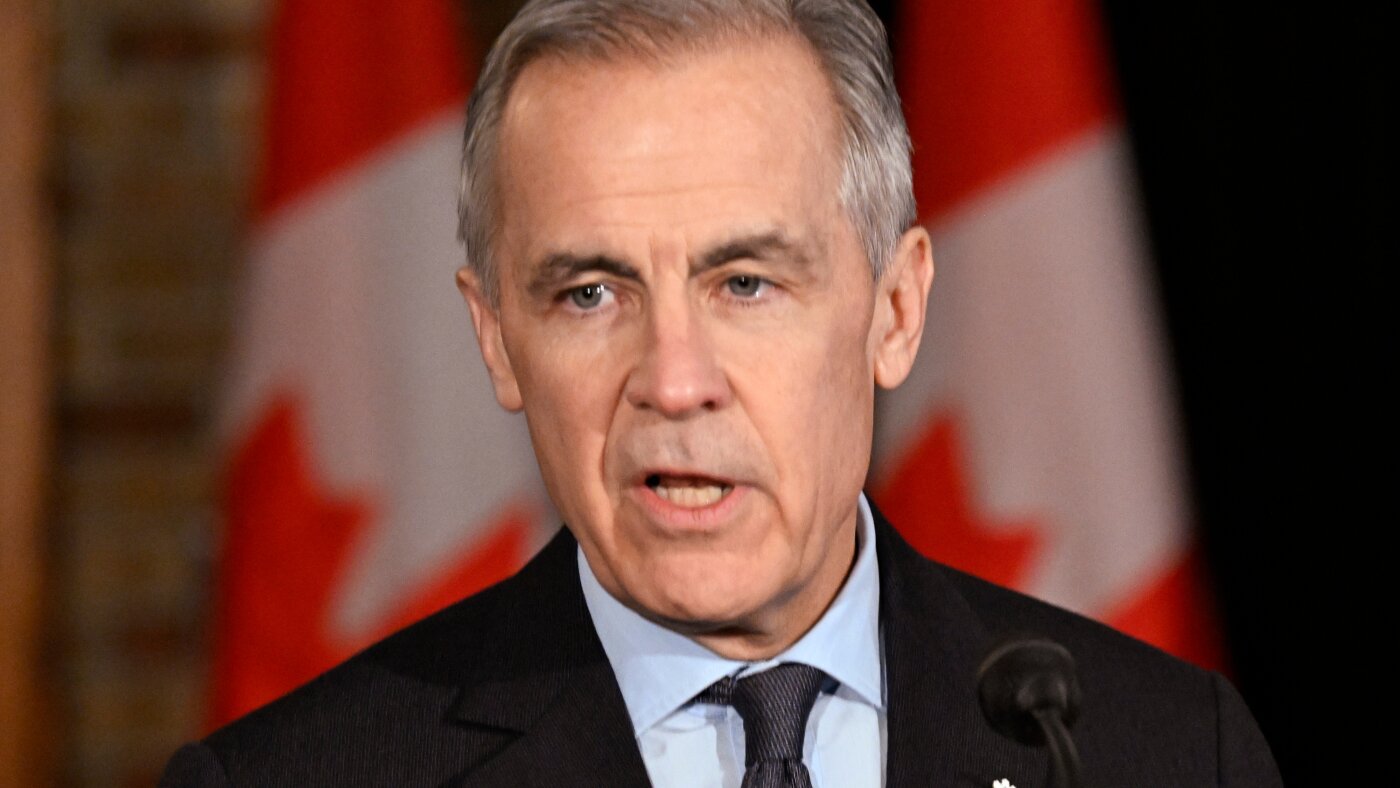A new chapter has begun for the renowned international private members’ club, Soho House, following a recent purchase agreement that places its value at an impressive £2 billion. This essential deal not only underscores a major moment in the hospitality and leisure industry but also introduces a fresh viewpoint to the company’s leadership. The move, which includes a prominent figure from the entertainment and technology fields onto its board, signifies a strategic shift for the brand as it seeks to expand its reach and appeal to a new generation of members. The purchase strengthens the club’s position as a luxury lifestyle brand while also hinting at a future blending its classic exclusive model with modern technological innovations and media involvement.
The purchase itself is a sophisticated financial deal that includes various backers and highlights the perceived worth of the brand. Over the years, Soho House has crafted an aura of exclusivity and creativity, attracting an international membership of artists, businesspeople, and prominent individuals. This standing, along with its collection of chic clubs and hotels situated in premier locations globally, has rendered it a highly coveted entity. The £2 billion estimate signifies not only its present holdings but also the vast potential for expansion and profitability that the new proprietors anticipate from the brand. This magnitude of investment indicates a strong confidence in the club’s business strategy and its capacity to succeed in a competitive arena.
A particularly noteworthy aspect of this deal is the addition of Ashton Kutcher to the board of directors. Known for his successful acting career, Kutcher has also established himself as a savvy technology investor and entrepreneur. His involvement brings a unique blend of media savvy and business acumen to the company’s leadership. This move is seen as more than a celebrity endorsement; it is a strategic appointment aimed at leveraging his expertise in technology, media, and venture capital. Kutcher’s presence on the board could help guide Soho House’s future direction, particularly in areas like digital engagement, brand partnerships, and the integration of technology to enhance the member experience. His insights into the digital economy and the entertainment industry are invaluable assets that can help the club navigate the ever-changing consumer landscape.
The integration of a new board member with a strong background in technology and media is a telling sign of the direction Soho House is likely to take. While its core appeal has always been its physical spaces and in-person networking, the company is now faced with the challenge of remaining relevant in a world increasingly dominated by digital interactions. Kutcher’s role could involve exploring new digital platforms for members, enhancing the brand’s online presence, and even identifying new business opportunities in the tech and media sectors. This forward-looking approach suggests that Soho House is not content to rest on its laurels but is actively seeking ways to innovate and stay ahead of the curve.
The transaction also highlights general patterns in the leisure and hospitality sector. What were once exclusive private members’ clubs are now experiencing a revival in popularity. These clubs provide more than just accommodation or dining options; they offer a sense of community, inclusion, and tailored experiences. The achievement of Soho House has sparked a new surge of similar ideas, all competing for the interest of a selective customer base. The £2 billion purchase indicates that this approach is not temporary but a sustainable and lucrative business plan. It underscores the increasing consumer desire for experiences that are distinct, customized, and prestigious, transcending a mere transactional interaction.
The new ownership and board structure will likely lead to a period of strategic review and potential expansion. While the core mission of Soho House is expected to remain the same—to provide a home for creative professionals—the way in which that mission is executed may evolve. There could be new club openings in emerging markets, a focus on new verticals such as wellness or media content, and a greater emphasis on creating a seamless experience for members, both on and off-site. The acquisition provides the financial resources and strategic guidance needed to execute these ambitious plans. The involvement of a new board member with a diverse background is a clear indication that the company is willing to think outside the box to achieve its goals.
The upcoming trajectory of Soho House seems to involve a mix of its recognized essence and an exploration into novel territories. The acquisition and the addition of a new board director transcend typical financial news; they symbolize a company in evolution. The brand is set to capitalize on its worldwide allure, selective community, and physical venues to develop a multifaceted enterprise that goes beyond the conventional limits of a private club. The £2 billion market assessment and the strategic inclusion of a tech-oriented board leader convey considerable confidence in this plan. It will be intriguing to observe how this refreshed leadership guides the organization and what fresh ideas they will bring to a brand already linked with luxury and exclusivity.




